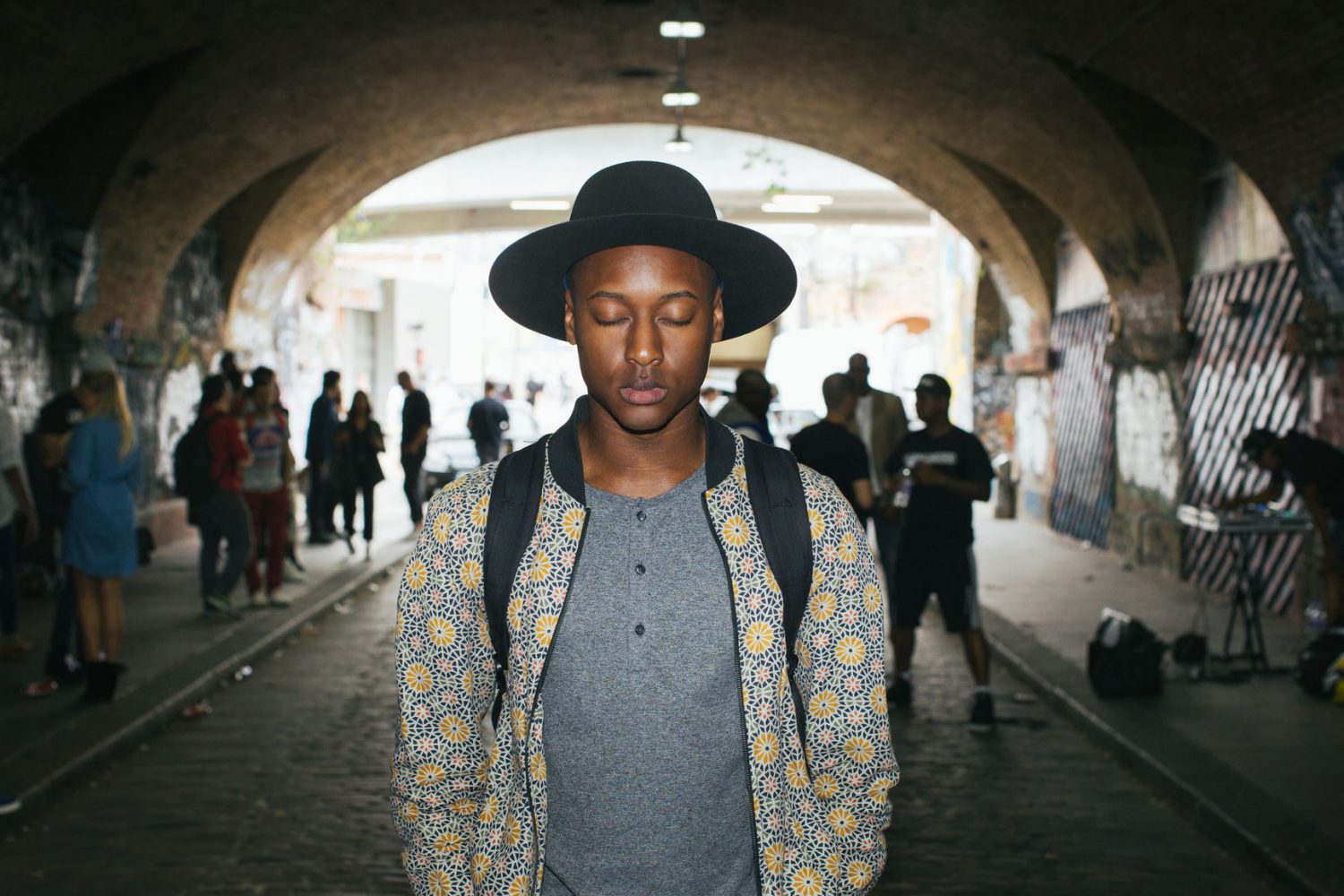For years, many of us have internalized a damaging belief: that we need to be “healed,” “whole,” or “fixed” before we deserve a loving relationship. We’ve told ourselves that our attachment wounds, our triggers, and our relationship patterns are what’s disqualifying us for healthy relationships. This mindset creates a destructive cycle of shame, where each relationship challenge becomes evidence that we’re simply “not there yet.”
But what if everything we believed about relationship readiness is fundamentally wrong? What if our struggles, far from disqualifying us, are precisely what prepare us to be extraordinary partners? This perspective shift forms the foundation of what I’m calling the Relationship Revolution—a complete reimagining of how we approach love, healing, and personal growth.
The most insidious myth we need to dismantle is that achieving a happy, committed relationship represents the finish line of personal development. This belief creates pressure, positioning relationships as proof of our worthiness rather than as ongoing journeys of growth. When we frame relationships this way, we set ourselves up for constant disappointment, because no relationship—not even the healthiest one—can fulfill the promise of “happily ever after” without challenges, friction, or growth opportunities.
Those of us who have experienced attachment trauma, abandonment wounds, or relationship difficulties often believe we’re disadvantaged in love. We look at naturally secure attachers with envy, assuming their path is superior. But here’s the revolutionary truth: people who have consciously worked through attachment wounds often develop emotional skills, self-awareness, and relationship capacities that naturally secure people haven’t needed to cultivate. Your healing journey isn’t a handicap—it’s specialized training for deeper love.
Consider this: relationships naturally bring together people with complementary strengths and different wounds. Rather than seeing these differences as compatibility problems, what if we recognized them as opportunities for mutual teaching and growth? Your partner’s strengths in areas where you struggle aren’t evidence that you’re wrong for each other—they’re gifts offering you the exact lessons your soul needs to learn. Similarly, your strengths provide your partner with growth edges they might never access otherwise.
Instead of viewing relationships as the proof of successful healing, we can see them as three interconnected gardens requiring ongoing tending: your inner garden, your partner’s inner garden, and the shared garden of your relationship. Each has different needs, rhythms, and growth patterns. This perspective removes the pressure of perfection and invites a more compassionate, curious approach to relationship challenges.
Perhaps most importantly, the Relationship Revolution rejects one-size-fits-all advice. The dating world is filled with rigid rules and formulas promising that if you just follow specific steps, you’ll find your perfect match. These approaches deny the beautiful truth that we’re each on unique journeys, with different lessons to learn and different paths to walk. What worked for someone else might be entirely wrong for you—not because you’re doing something wrong, but because your soul’s curriculum is uniquely yours.
As we embrace this revolution, we can start seeing ourselves not as damaged goods waiting to be fixed, but as trailblazers courageously creating new patterns of loving. We can honor our triggers and reactions not as failures, but as signposts pointing to where healing wants to happen. We can approach relationships not as tests we might fail, but as sacred containers for becoming more fully ourselves.
The journey isn’t about becoming perfect enough to deserve love. It’s about developing the capacity to stay present, compassionate, and growth-oriented through the inevitable challenges that arise when two humans come together. This isn’t a lowering of standards—it’s an elevation of what we understand relationships to be: not static achievements, but dynamic, evolving partnerships that both reflect and catalyze our growth.
🗓 And stay tuned for The Relationship Revolution—a free 3-day event coming in June.
Check out these related episodes:
Ep168: From protection and hurt to leading from love in relationships
Ep166: Grow your capacity to have the relationship you want
Ep180: From anxious and obsessing to enjoying her relationship, with Kate



